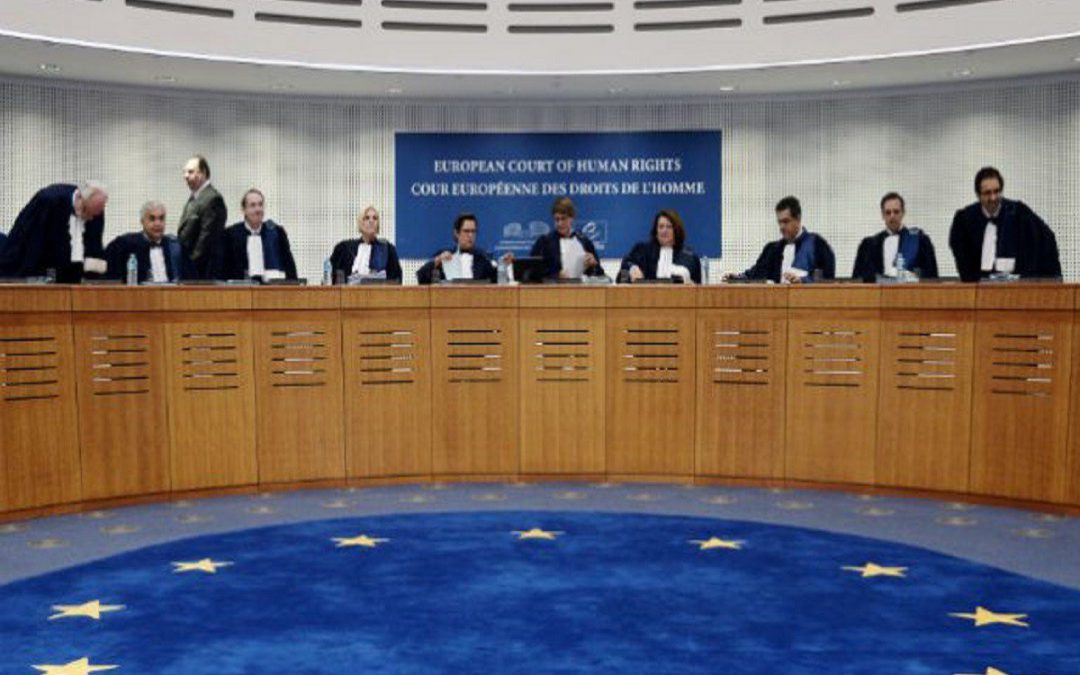On 30 June 2022, the European Court of Human Rights found the Convention had been violated in two cases concerning collective expulsions at the Poland-Belarus border, A.B. and Others v. Poland (no. 42907/17) and A.I. and Others v. Poland (no. 39028/17).In the A.B. and Others v. Poland case, the ECtHR ruled there had been a violation of Articles 3, 14 and 34 of the Convention and Article 4 of Protocol No. 4 to the Convention. In this case, the applicants were six Russian nationals from Chechnya who expressed their fears of persecution in their country of origin to the Polish border guards on more than twenty occasions and carried written applications for international protection on eight further occasions. According to the applicants, the border guards had disregarded their statements and their written applications for international protection on all occasions and they were issued administrative decisions turning them away from the Polish border because they did not have any documents authorising their entry into Poland.Regarding Article 3 of the Convention, the Court accepted the applicants’ allegations that there was no guarantee that their asylum applications would be seriously examined by the Belarusian authorities and that their return to Chechnya could violate the Convention. The Court considered that by failing to initiate proceedings for international protection on at least thirty-three occasions when the applicants had presented themselves at the border, the Polish authorities had exposed them to the risk of chain refoulement and treatment prohibited by Article 3 of the Convention. The Court further highlighted that, pending an application for international protection, a State cannot deny access to its territory to a person presenting himself or herself at a border checkpoint who alleges that he or she may be subjected to ill-treatment if he or she remains on the territory of the neighbouring State, unless adequate measures are taken to eliminate such a risk.Referring to independent reports and previous jurisprudence, the Court concluded that the decisions refusing entry into Poland issued in the applicants’ cases were not taken with proper regard to the individual situation of each of the applicants and were part of a wider policy of not receiving applications for international protection from persons presenting themselves at the Polish-Belarusian border and of returning those persons to Belarus, in violation of international law. For these reasons, the Court found that this situation constituted a collective expulsion within the meaning of Article 4 of Protocol No. 4. The Court also held that the applicants had not been able to access any effective remedies against their expulsions with an automatic suspensive effect and therefore Article 13 ECHR had been breached. Finally, the Court found a violation of Article 34 ECHR as the interim measure indicated in respect of the applicants’ case on 16 June 2017 included instructions to the authorities to refrain from returning the applicants to Belarus, but the Polish government deliberately failed to comply with it and turned the applicants away from the checkpoint on the day on which the measure was adopted and on another occasion.In the second case, A.I. and Others v. Poland, the Court also found a violation of Articles 3 and 13 ECHR, as well as of Article 4 of Protocol no. 4 to the Convention. The case facts in both cases are similar, except for the Court’s decision to lift the interim measure in the A.I. and Others case because the applicants had been already admitted to Poland.
ECtHR A.B. and Others and A.I. and Others v. Poland: Collective expulsion of Chechen families at the Poland-Belarus borders violated Articles 3 and 13 of the Convention and Article 4 of Protocol No. 4 to the Convention
30 Jun 2022 | News

